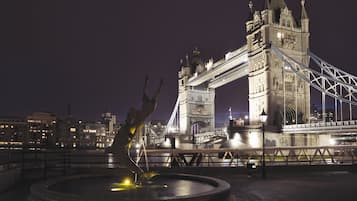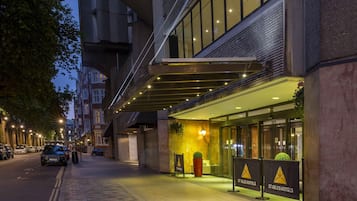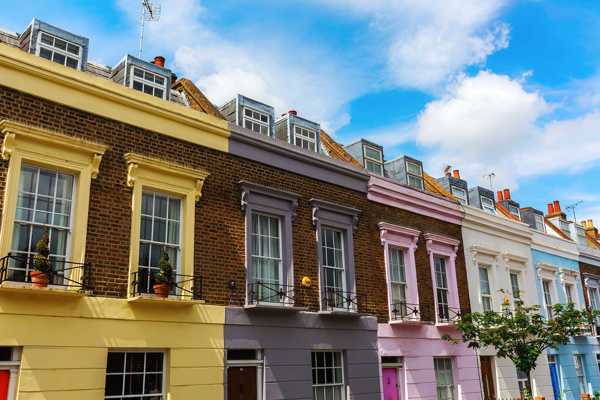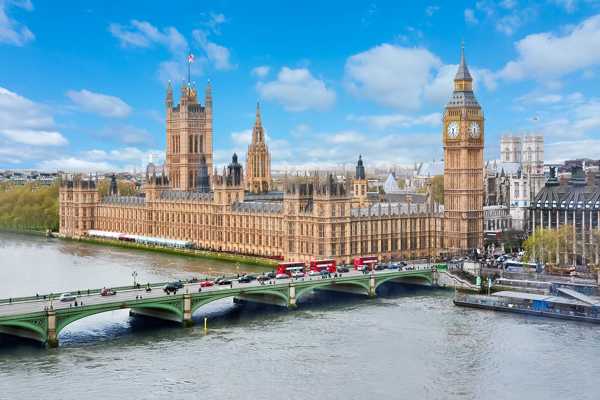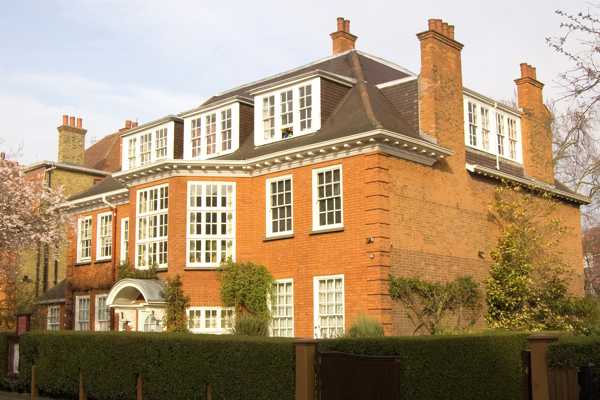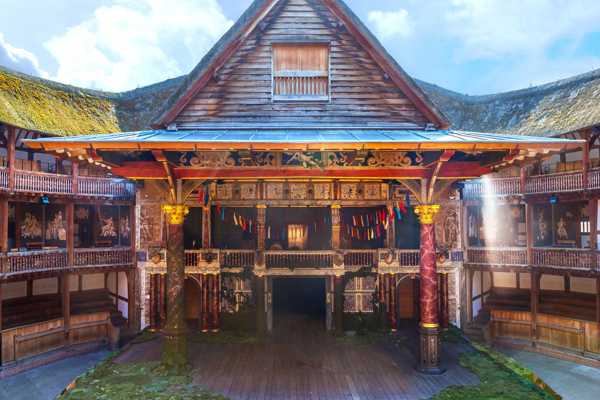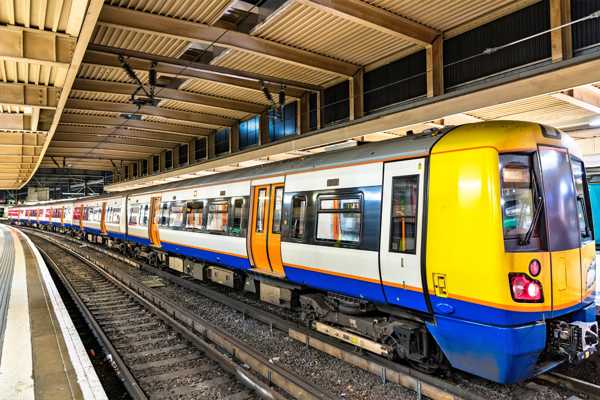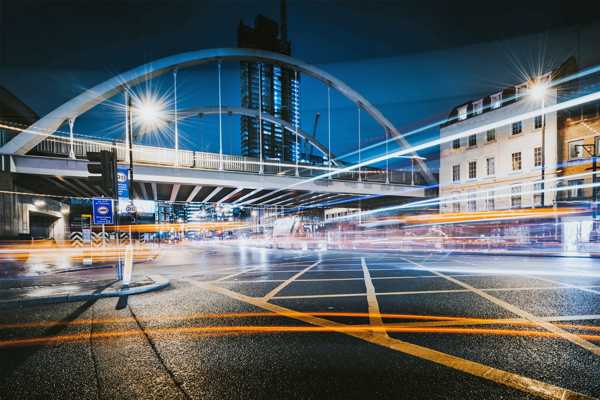Wembley Stadium is hallowed ground in the world of English football. Up there with the biggest sporting arenas in all of Europe, it shoulders above the streets of north London with its soaring metallic arch that reaches up to more than 133 metres in height.
Wembley – as it's known for short – has played host to some of the most prestigious and high-level sporting events ever to be held in the British Isles. It began with old Wembley hosting the 1923 FA Cup Final. From then on, this famous ground hosted some of the most memorable moments in sporting history, including World Cup finals, Rugby League showdowns, Championship play-off games, and much, much more.
A complete rebuilding of Wembley happened in 2002-2003. It saw a huge boost in capacity to 90,000, and the addition of the 'new' Wembley Arch. And it's not just footie played here. Wembley Stadium is a major events space in the capital, with music acts also staging stadium concerts here.
Wembley Stadium in London - one of the highlights of 7 Best Football Stadiums in London and 10 Most Iconic Buildings in London (Read all about London here)
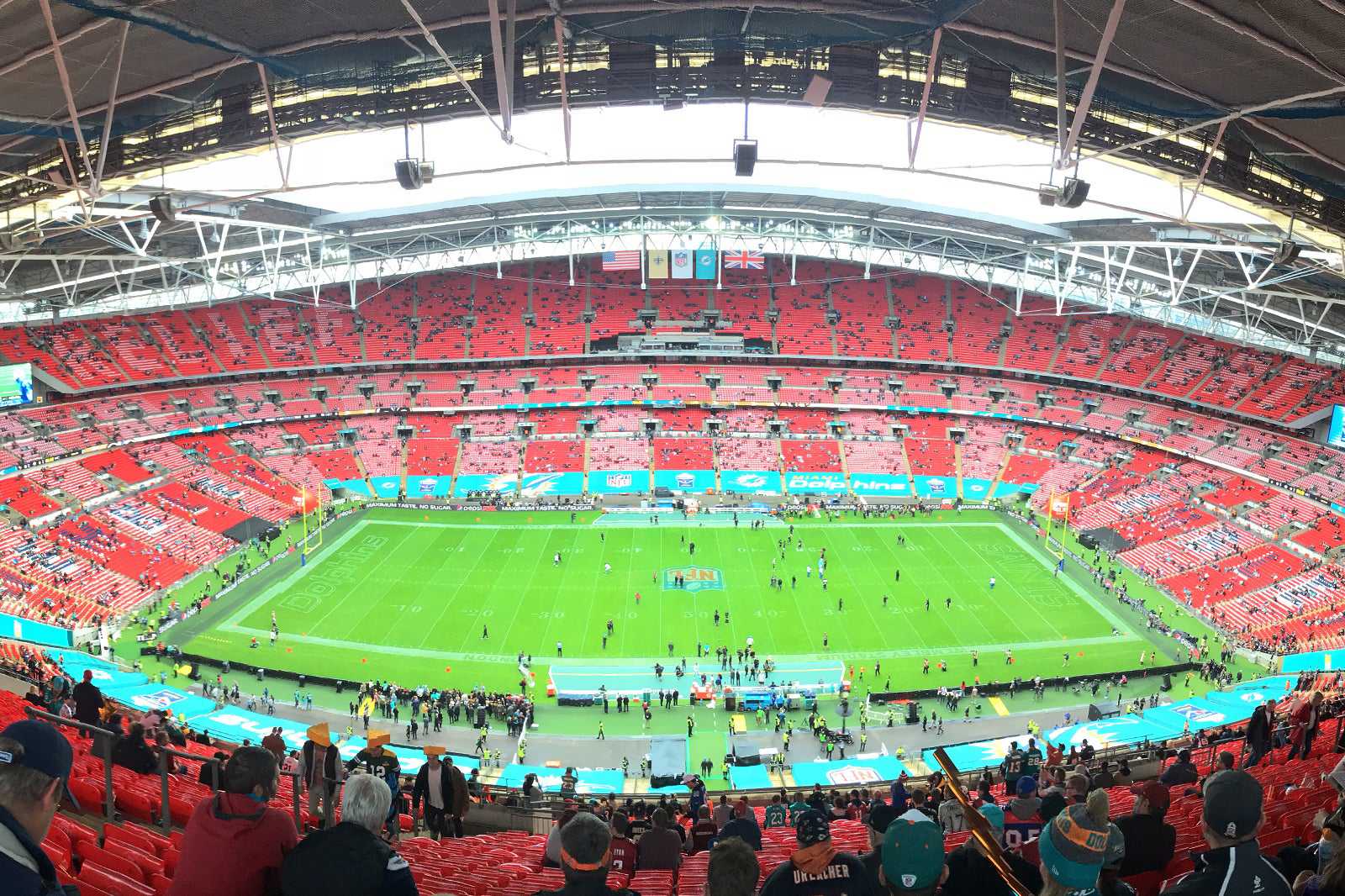
photo by Ian Hughes (CC BY 2.0) modified
A brief history of Wembley Stadium
The old Wembley Stadium can trace its origins back to the time of King George V, who's thought to have laid some of the turfs in the runup to the British Empire Exhibition – the first major event held in the arena. The structure rose to fame during the so-called White Horse Final of 1923, when 300,000 fans attended the FA Cup game.
In the 2nd-half of the 20th century, Wembley established itself as truly sacred ground in English football when England defeated West Germany to win the 1966 World Cup.
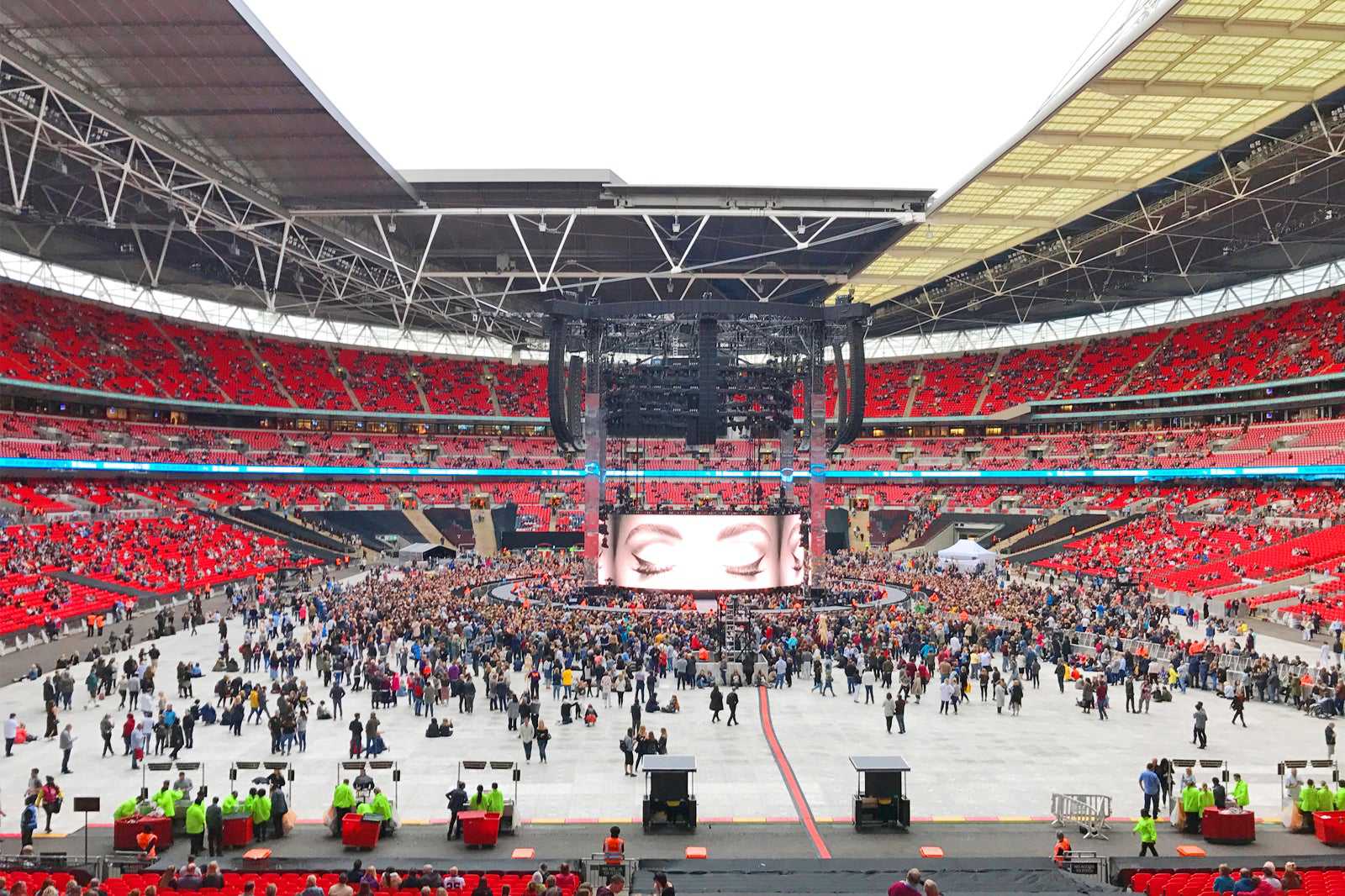
photo by Ungry Young Man (CC BY 2.0) modified
What are the highlights of Wembley Stadium?
The games that happen in Wembley Stadium are surely the greatest highlight. It's rarely a match of little consequence. You're talking UEFA Qualifiers, Euro matches, and Championship play-off contests worth hundreds of millions of pounds to the winner.
Of course, you don't have to jostle with the crowds to appreciate the magnitude of the stadium. You can also come when there's not a game on to take a tour of the facility. There are all different sorts. The most popular is the standard Wembley Stadium Tour, which whisks you through the upper terraces and tunnels below. Then there's the VIP Tour, which comes with a dedicated guide and exclusive access to more backstage areas.
Music lovers might know Wembley for its frequent line-up of global acts. Big names like Muse, Oasis, Coldplay and U2 have rumbled the stage in these parts. Get tickets early if that's the sort of entertainment you're after.
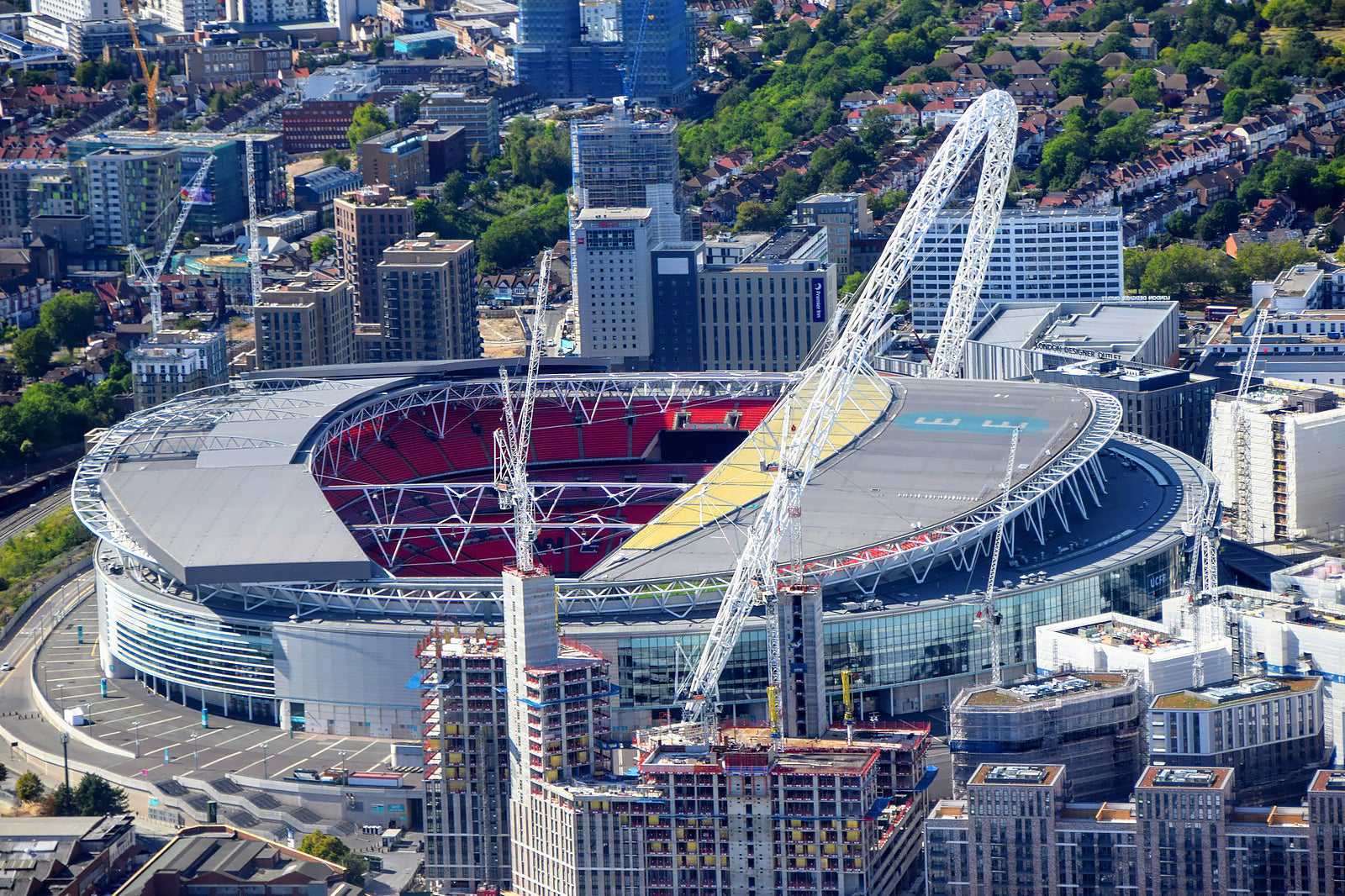
Good to know about Wembley Stadium
Wembley Stadium is really well linked to the London transportation network. 3 Underground lines connect up to its place in north London: The Jubilee Line, the Bakerloo Line and the Metropolitan Line. They can take you to either Wembley Park Station or Wembley Central Station, which are both just a short walk from the venue.
You'll need to book Wembley Stadium Tour passes ahead of time via the Wembley Stadium website. It's pretty simple – just pick a timeslot and make sure you're there at least 15 minutes before. Tickets for bigger events should also be purchased in advance and you should never buy from touts outside the stadium.
Wembley Stadium in London
Location: Wembley Stadium, Wembley, London HA9 0WS, UK
Phone: +44 (0)80 0783 1440



